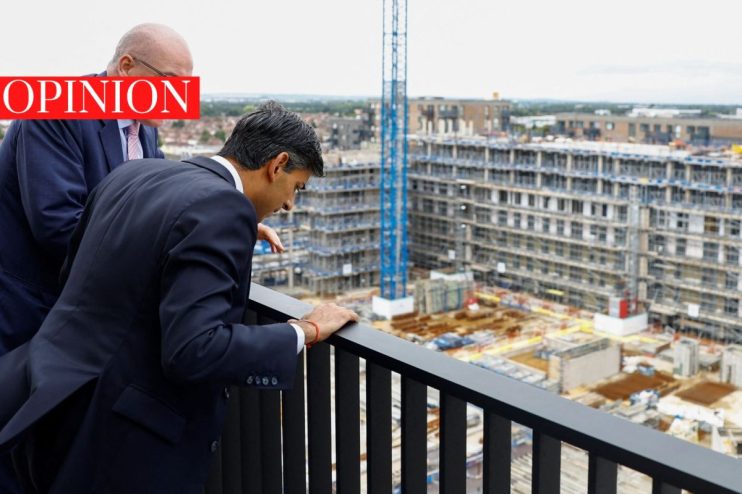Even if we do abolish no fault evictions, renters are still at risk of being kicked out

We had to wait four years since the promise to ban no-fault evictions was initially made by the Conservatives for the Renters Reform Bill to be introduced to Parliament. It has now been a further five months, and the Bill has only just seen its second reading.
It is much overdue.
England has some of the least generous renters’ rights of any European country. No-fault evictions in particular have been an agony for English renters: in 2022, over 24,000 households were at risk of homelessness due to having been served a section 21 notice. The notice permits landlords to force tenants to leave within two months without giving any reason for the eviction.
Often, this is done to convert the place into a short-term let, like an Airbnb, or as a substitute for dealing with a complaint. It allows the landlord to ignore the renter’s rights, as sparse as they are to begin with. Should the renter attempt to force the landlord to acknowledge them, the renter can be evicted, with the landlord not having to explain why. Forty-four percent of tenants would never make a complaint to their landlord precisely because of fear of a retaliatory eviction.
The Renters Reform Bill abolishes section 21 notices. Indeed, it also introduces a plethora of other boons for renters’ rights: it makes it illegal for landlords to refuse renters on the basis ofreceiving welfare or having children; it makes it easier for renters to keep pets; and it protects against excessive rent increases.
Alas, this is where the good news end. The Bill leaves open crucial loopholes that will be exploited by bad landlords to evict whomever they please – section 21 in all but name.
For one, landlords will still be permitted to evict in order for them, or for a member of their family, to move in themselves. But the Bill allows the landlord to then re-let that same property three months later.
The three months of lost rental income are hardly a deterrent. If a tenant makes a serious complaint about a property being in disrepair, it will often be cheaper to evict them and not re-let for three months than to address the complaint.
Landlords will also be permitted to evict if they demonstrate intent to sell their property. But this is as easy as putting the property up on Rightmove. A landlord can claim later that they did not find a buyer and re-let.
This already happens in Scotland, where no-fault evictions are theoretically illegal. Between 2018 and 2020, 23 per cent of properties where the tenant was evicted in order for the landlord to sell the property ended up back on the rental market by early 2022.
This is not good enough.
Renters need reliable, thorough protection. For all the new renters’ rights that the Bill introduces, they are for nought if the landlord is still able to evict a tenant just for standing up for those very rights. The government must ensure that the above loopholes are patched up. If a property is repossessed for the landlord or their family to move in, or for it to be sold, the Bill should ensure that that same property does not end up on the rental market a few months later.
Moreover, if loopholes are exploited, the new Ombudsman for the private rental market must be given the power and resources to enforce the Bill’s rules. Currently, local authorities are in charge of enforcing renters’ rights, and too often they wallow in incompetence rather than get things done. Unless the Bill shakes things up, it will achieve little.